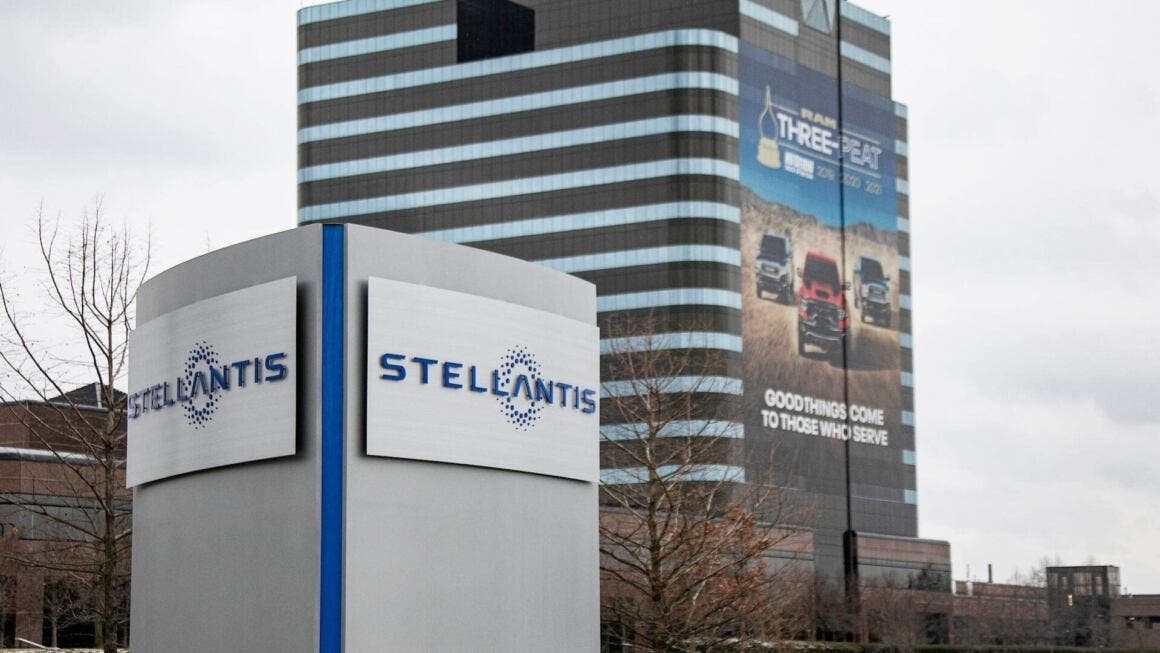Stellantis has announced its intention to reduce its workforce, a move that could result in the layoffs of thousands of employees at its Jeep factories in Detroit and Toledo, Ohio. The company attributes this decision to California‘s emissions legislation, which it claims puts it at a disadvantage compared to its competitors.
Stellantis has announced that 2,455 employees at the Detroit plant and an additional 1,225 from the Toledo site could potentially lose their jobs
Stellantis has stated that 2,455 employees at the Detroit plant, where the Jeep Grand Cherokee is produced, and an additional 1,225 at the Toledo facility, where the Jeep Wrangler and Gladiator are manufactured, could potentially lose their jobs, as reported by The Detroit News. Due to declining sales for the Jeep brand, Stellantis has opted to alter its work schedule, transitioning from an alternative shift system to a traditional two-shift system in Toledo and eliminating one of the three shifts in Detroit, where 4,600 individuals are currently employed. These workforce reductions will take effect as early as February 5th.
Stellantis, along with other automakers, has resisted President Biden’s initiatives to reduce carbon emissions and promote electric vehicles, contending that stringent regulations could lead to billions of dollars in penalties for the company.

Stellantis has curtailed deliveries of both ICE (Internal Combustion Engine) and electric vehicles to dealerships in the 14 states that adhere to the California Air Resources Board’s (CARB) stricter emissions standards, according to Reuters. This action is a response to the fact that in these 14 states following California’s rules, manufacturers are required to sell a certain percentage of zero-emission and plug-in hybrid vehicles, necessitating Stellantis’s attention to these regions.
Stellantis faces challenges because, in 2020, Ford, Honda, Volkswagen, and BMW entered into a special agreement with California to follow a different set of rules, where compliance is calculated based on national sales, not just within CARB states. The automotive group led by Carlos Tavares argues that this arrangement distorts competitive conditions and puts his company at a disadvantage, as these numbers are easier to achieve.
